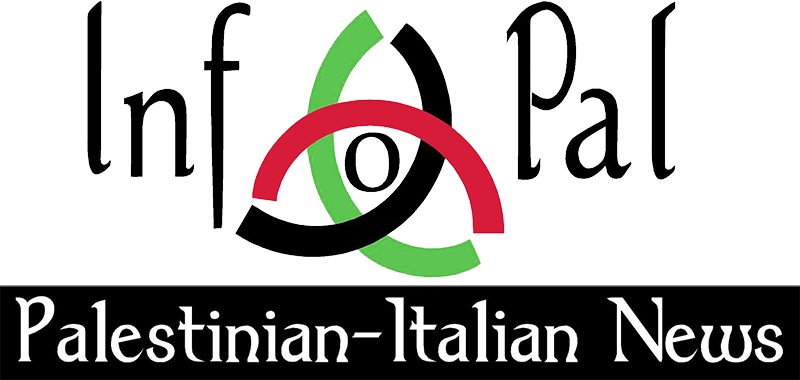| My Personal Hero: Tali Fahima |
|
Written by Michael Warschawski, Alternative Information Center (AIC) |
|
| Thursday, 04 January 2007 | |
|
Yesterday, 3 January 2007, I waited at the gate of the Ayalon prison compound in Ramle along with a few dozen friends, to welcome Tali Fahima who was released from jail after more than two years of imprisonment.
I could not help but remember a similar event, sixteen years ago, when my friends and relatives welcomed me, here at the same gates of the Ayalon prison, at the time of my own release. The charges were not very different from the ones that were raised against Tali: in a nutshellcrossing the border, which, according to Israeli law and to Zionist ideology, must separate Israelis and Palestinians. Yet here end the similarities. While my arrest occurred following more than two decades of political activity, Tali began having troubles with the Israeli authorities already during her first political moves; while the forbidden relations I had with Palestinian activists were the result of a long process of political maturation, Talis decision to go to Jenin and meet with Palestinian activist Zakariya Zbeideh, was, as she explained during her trial, a natural thing to do as a free human being interested in understanding the roots of a conflict that is shaping our lives. She was unable to accept that in this conflict there are, on the one side, normal and peaceful human beings and, on the other sidein the Jenin Refugee Camp, in Gaza neighborhoods, in Palestinian universitiesonly monsters. And another difference: I was brought up in an educated middle-class family, naturally oriented to the Left, while Tali comes from a poor family in Kiryat Gat which has traditionally supported right-wing parties. In this sense, my political moves were the outcome of a long progression of politicization, supported by a cross-border political movement and an historical tradition; I deserve no merit for having committed the acts that ultimately brought me to jail. Tali Fahima, on the other hand, did it by herself, out of her own, solitary conscience and by a free decision. Moreover, she did it without a Marxist education, without a communist tradition, without party comrades and without historical figures to identify with. This is why Tali Fahima, that young woman from Kiryat Gat, is my personal hero. A final and important difference: outside the prison, in addition to the few traditional old suspects of my political generation, were dozens of young, some even very young, Israeli activists for whom Talis personality and deeds are an example. Young men and women who refuse to accept that building a Wall meant to separate Jews from Arabs, Israelis from Palestinians, is the natural thing to do. These same young people confront the Israeli military at the Wall in Bilin each week, protecting the dwellers of the southern West Bank from settler violence and go to Ramallah despite the checkpoints and the laws which forbid it. They have hardly heard about the first Intifada, dont know anything about the PLO and definitely have not read Edward Said. Their political conscience has been shaped solely by their common sense, a fact which does not make them less political than the previous generation of activists, but certainly makes them more determined and uncompromising in their struggle for justice. And this is why they identify fully with Tali Fahima, and why she is their hero too.
Michael Warschawski is a longtime Israeli activist and cofounder of the Alternative Information Center (AIC). |
|
